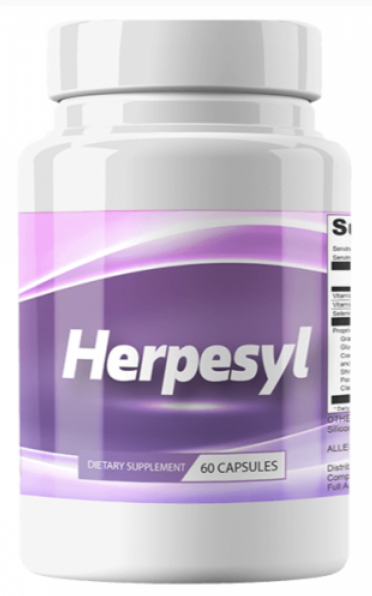Worried you have been handed a herpes false positive? Is there a small chance of being handed a false positive herpes test result or are these supposedly fail-safe tests always accurate? If recent test results confirm you are carrying the herpes simplex virus, you may need to be reassured that the current herpes blood tests are reliable.
Herpes False Positive Test Results
There are many tests that can diagnose herpes, but some are more accurate than others. It is in fact possible to get a herpes false positive. (More on Herpes Misdiagnosis)
Which test is best? First let’s take a closer look at some of the tests and the overall effectiveness of each.
The Western Blot Test for Genital Herpes
This test is considered to be one of the most effective ways of diagnosing genital herpes, and it is thought that the test has great accuracy results. However, cost, time and availability are a major issue and this may make people turn to other types of herpes screening programs. Never the less, many physicians are willing to refer patients for a Western Blot test if they suspect an outbreak of genital herpes.
The HerpeSelect Test
This test comprises of two parts. Patients undergo the herpes immunoblot test and the genital herpes Elisa IgG test. The blood samples are analyzed at a laboratory, hence, the patient may have to wait for the test results. Both tests offer highly accurate results and as a rule, they will detect both variations of the herpes simplex virus (HSV-1 and HSV-2). Recent studies show that herpes false positive results are unlikely when this type of test is used.
The SureVue HSV-2 Test (Biokit HSV-2)
Those who are unsure about the results of their herpes test, or anyone who feels they have received herpes false positive test results could request this form of herpes testing. Patients will be required to give a small blood sample, which is analyzed in minutes; however, the test is only capable of detecting HSV-2. This is an easy and inexpensive way of testing for the herpes simplex virus but the results may not be totally conclusive.
The PCR Blood Test (Polymerase Chain Reaction)
If you feel that a test for genital herpes has rendered false positive herpes test results you will need to find a test that provides a conclusive diagnosis. PCR blood tests are designed to detect genital herpes whether there are visible symptoms or not. The PCR test locates the DNA of the herpes virus; hence, this common way of testing for the herpes simplex virus offers highly accurate results.
The Tzanck Smear (Cytology)
The Tzanck is a rather outdated test, which is occasionally used to diagnose herpes genitalis. A number of scrapings are removed from the genital lesions and examined under the microscope. The medical profession no longer relies on this type of test to give wholly accurate results because the test is unable to determine the difference between HSV-1 and HSV-2.
The Accuracy of Herpes Blood Tests
As you can see, the accuracy of herpes tests depends on several factors. Certain blood tests are more conclusive than others and as mentioned above, some tests won’t tell you which type of herpes you have.
It’s possible to get a false positive herpes test result, and that can depend on several confusing factors. One is the duration between contracting the virus and taking the test: the amount of antibodies changes and can impact the test results.
- For best results if you think you’ve been exposed, the CDC suggests waiting 4-6 weeks from contact to get the blood test.
It’s also interesting to note that a high percentage of the population is infected with HSV-1, which can be transmitted orally or genitally. That brings up a lot of questions for some people as to whether knowing about it via blood test is even useful. For example, it won’t tell you much about where the virus is located without symptoms.
Requesting a Genital Herpes Virus Test
Visit a physician and ask for a type-specific blood test. There are many herpes testing options but you are unlikely to have a false positive herpes test if you undergo one of the latest type-specific serological tests. A serological test for HSV can determine the difference between HSV-1 and HSV-2.
Anyone who fears they have received a herpes false positive test result may be exploring various other herpes testing options. Many experts agree that the molecular tests are best for diagnosing genital infections caused by the herpes simplex virus. Culture tests fail to detect the virus in many patients whereas the molecular test appears to confirm and clearly identify whether the person has HSV-1 or HSV-2.
Naturally, anyone who has been diagnosed with HSV will be concerned. If you feel that you have been handed a false positive herpes test result, you should discuss taking another test with your physician.









